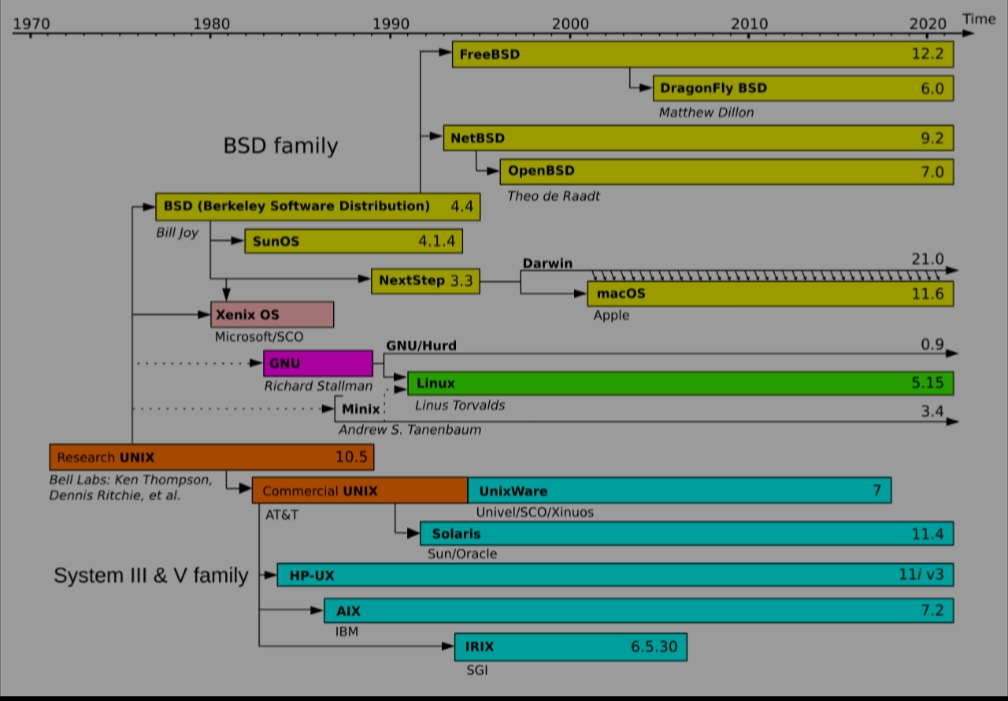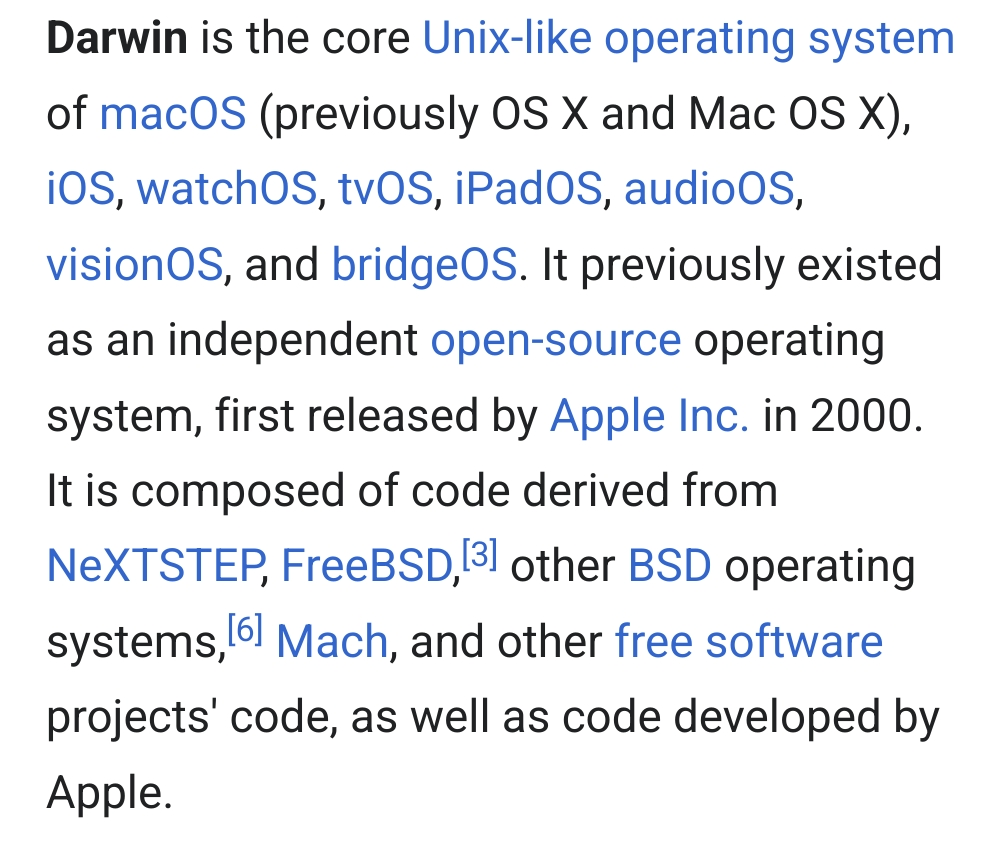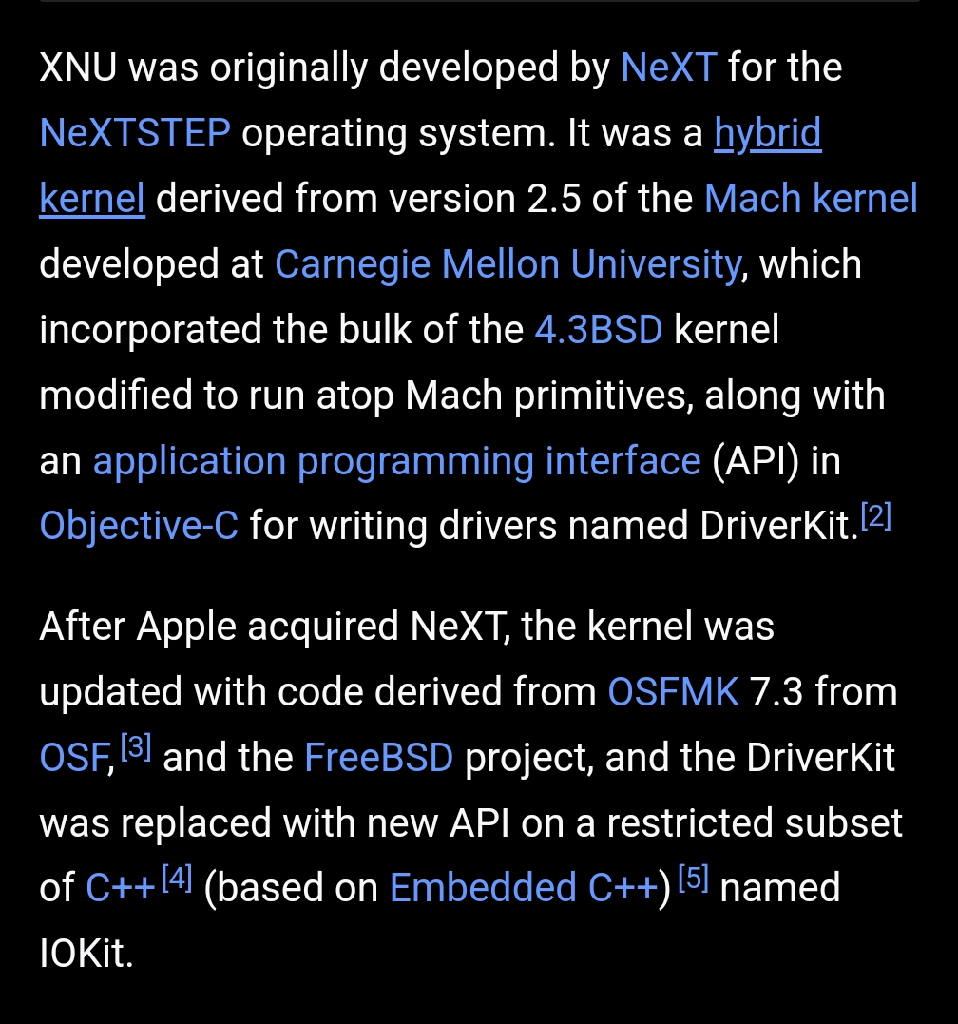I have a FreeBSD time server that will be hooked up to a GPS at some point and my router uses OPNSense, so FreeBSD as well. I haven't really used it much, but to a journeyman who will never write much if any code, they each have their own use case. I have a Mac Mini and a MacBook Air (really my wife's), so I technically use it there.
Linux dominates and will dominate the desktop space between the two for a good long while (newer packages, more support, etc...). It also currently wins out with regard to gaming between the two. There is nothing wrong with Docker/Podman/LXC, but I don't know enough about jails to really comment on which is better. Support is massive for docker though, virtually everything self hosted has a docker image. So I think that Linux takes the application server space for the most part.
FreeBSD keeps better time as I understand it, so that is why I chose it for my time server. Network Devices often use FreeBSD and do so very well, although there is also OpenWRT and others that do routing well, but are children compared to OPNSense and pfSense for example. I am thinking about spinning up a matrix server and and/or an email server on a FreeBSD box just to see how well they do.
Controversial segment follows:
Although there is substantial overlap, each major OS works its own brand of magic pretty well due to the support that people give it. I use Windows for my gaming PC for example because Playnite and better game support. MacOS, which is based on BSD btw, still has the market cornered on the creative pursuits. Apple products in general have the most robust and well put together user experience and will for a very long time. Android has the market cornered on bombarding you with a thousand ads near constantly via phones, smart TVs, and digital signage if that is what you are looking for. Its big use is in its ability to be hacked and shaped by more tech savvy users.


